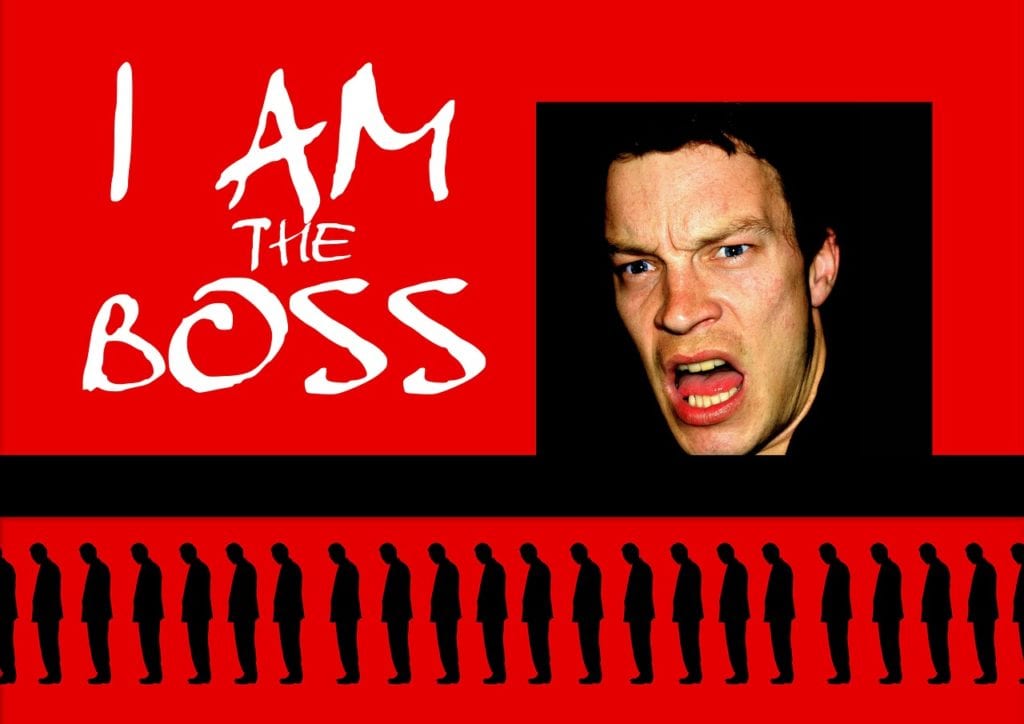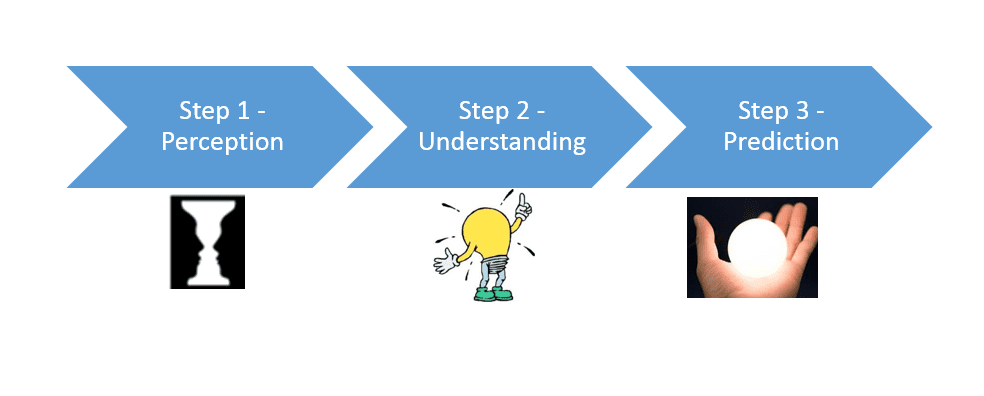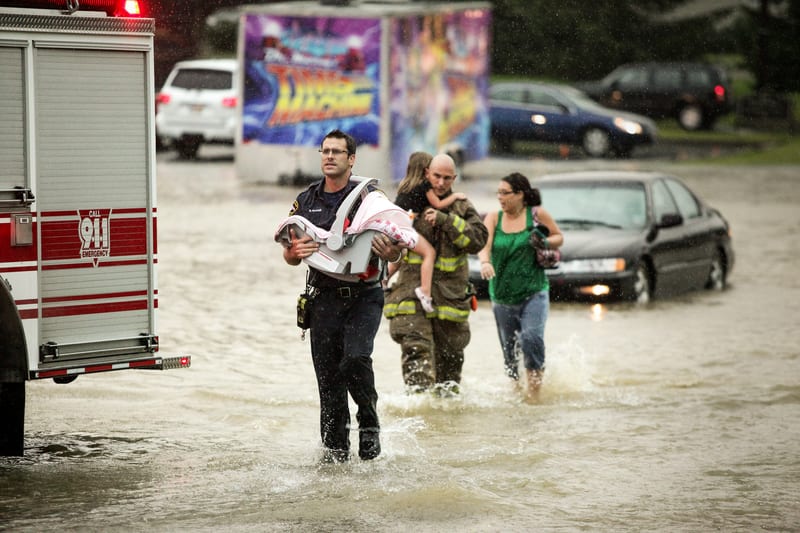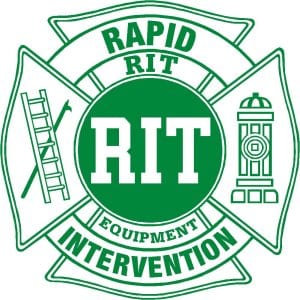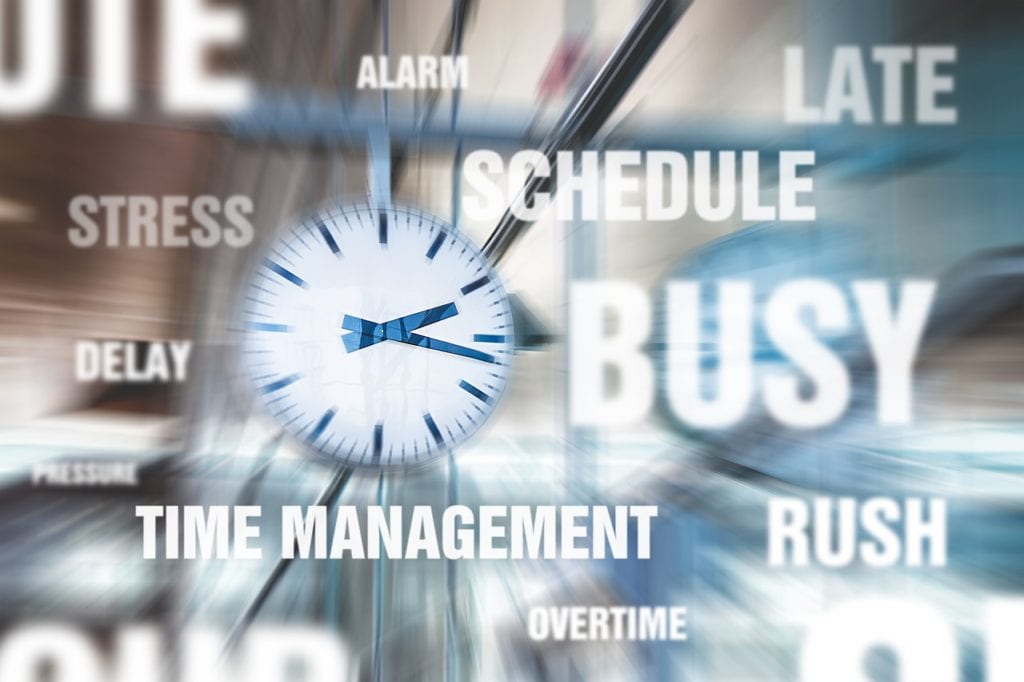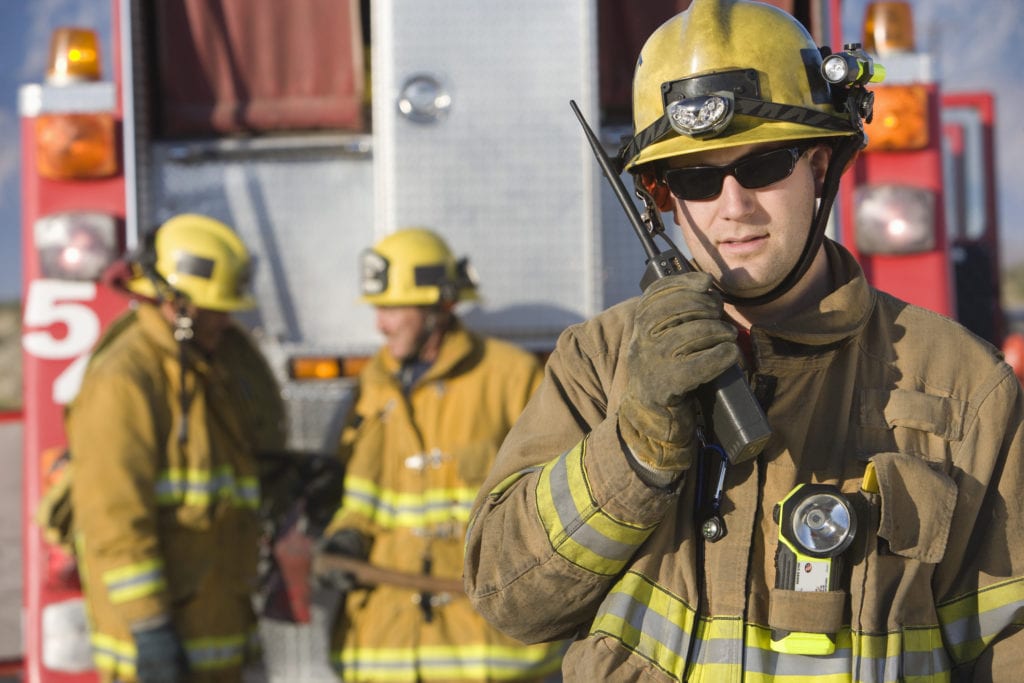Nine Dangerous Mindsets – Part 6: The Silent
Welcome to part six of this nine-part series on dangerous mindsets that can impact situational awareness. I appreciate all of the very kind feedback I have been receiving on this series on Facebook, Twitter and by email. Your positive feedback energizes me so much. Thank you. In this segment we’re going to discuss the Silent member. […]
Nine Dangerous Mindsets – Part 6: The Silent Read More »



